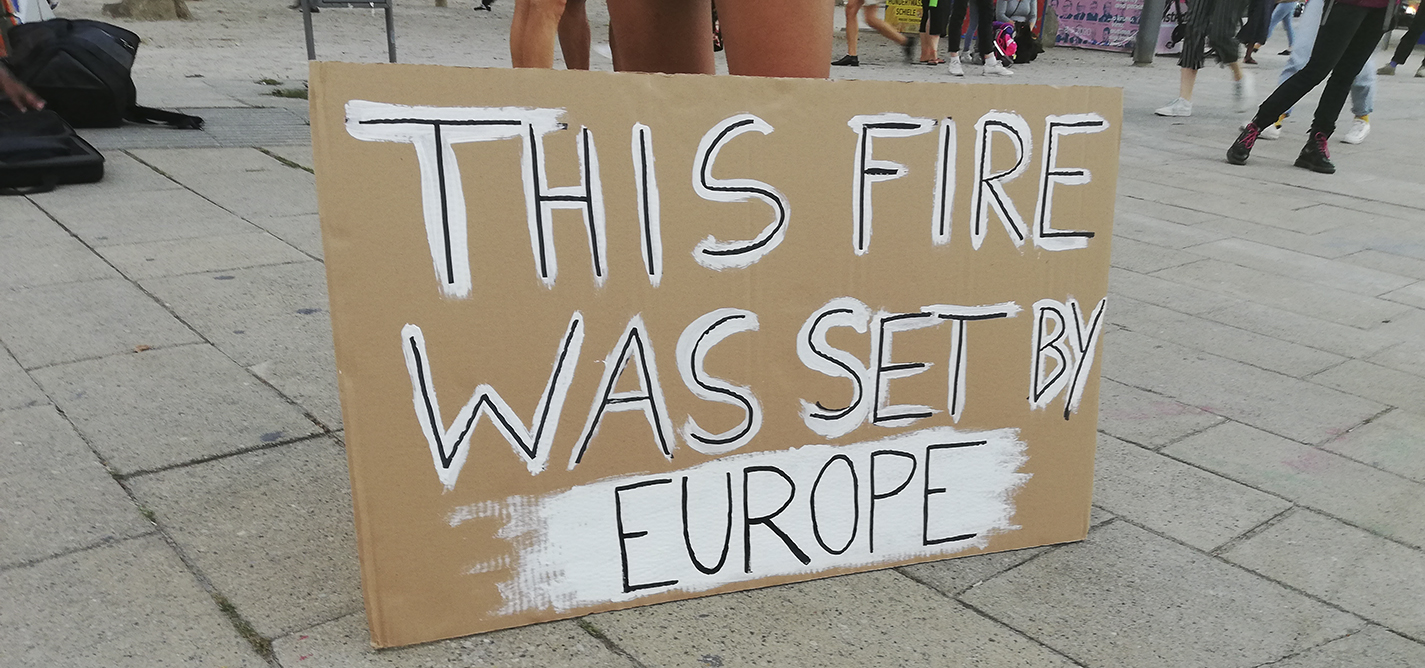
Who democratizes the democratizers?
It’s time to introduce real democracy to the EU.
Maybe it is time for them to start doing exactly what they say.
Democracy is also imposed when it does not truly come from the bottom up.
It’s enough to question whether democracy exists at all.

Nidžara Ahmetašević
Nidžara Ahmetašević was K2.0’s regional editor. Nidžara has a Ph.D in media assistance in post conflict countries from the University of Graz, Austria. Her focus as a journalist is on media development in post-conflict countries, hate speech, human rights, feminism and migrations.
DISCLAIMERThe views of the writer do not necessarily reflect the views of Kosovo 2.0.
This story was originally written in English.